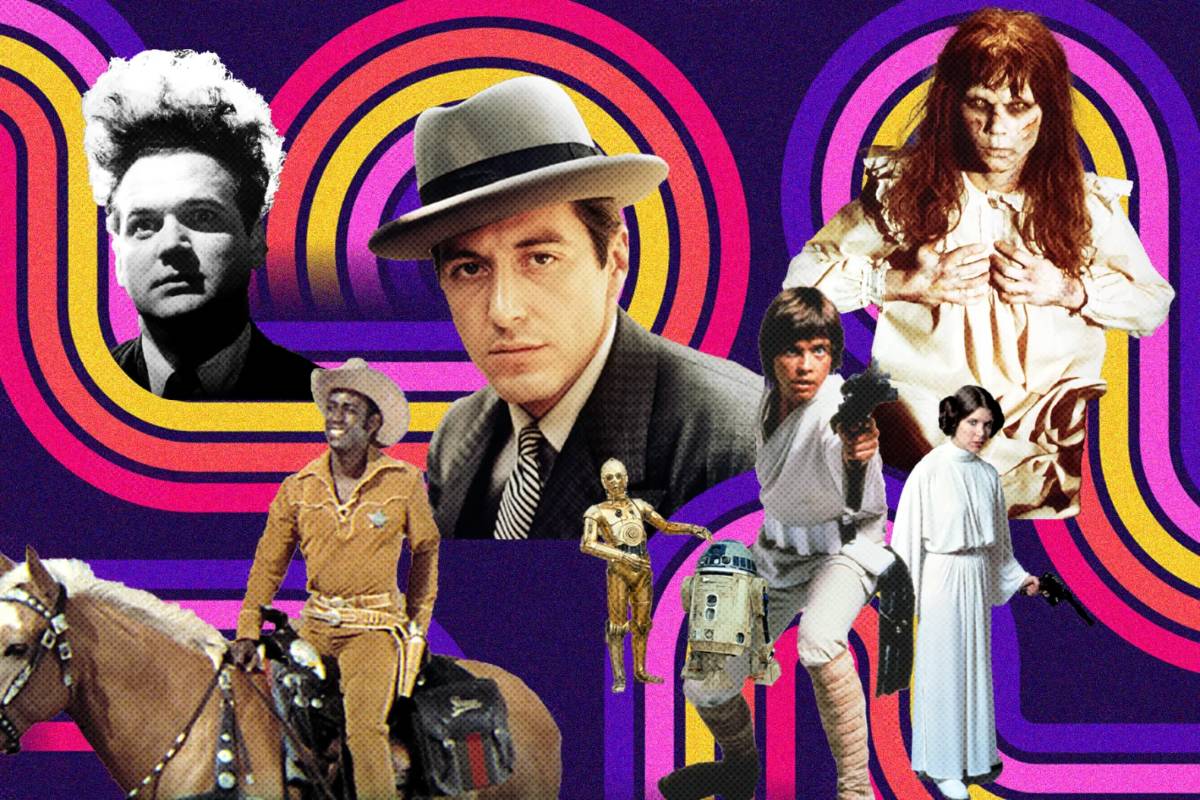
The Evolution of Hollywood: From Classic Cinema to Modern Blockbusters
Hollywood has undergone a remarkable transformation, evolving from the golden age of cinema into the era of modern blockbusters. From black-and-white silent films to CGI-filled spectacles, the industry has constantly reinvented itself to meet changing audience expectations.
The Golden Age of Hollywood
During the 1920s to 1950s, Hollywood experienced its golden era, dominated by legendary studios such as MGM, Warner Bros., and Paramount. Iconic stars like Humphrey Bogart, Audrey Hepburn, and Marilyn Monroe became household names. The introduction of Technicolor revolutionized the industry, giving rise to cinematic masterpieces.
The Rise of New Hollywood
In the 1960s and 1970s, a wave of young filmmakers emerged, reshaping storytelling. Directors like Martin Scorsese, Francis Ford Coppola, and Steven Spielberg introduced bold narratives, realism, and groundbreaking cinematography. Films such as *The Godfather* and *Jaws* set new standards for the industry.
The Blockbuster Era
The late 1970s and 1980s marked the birth of the blockbuster era. Movies like *Star Wars* and *E.T.* captivated global audiences, emphasizing high-budget productions, special effects, and franchise-building. Studios began focusing on large-scale marketing and merchandising strategies.
The Digital Revolution
With the 1990s and early 2000s came rapid advancements in CGI and digital filmmaking. James Cameron’s *Titanic* and *Avatar* pushed the boundaries of visual effects, while franchises like *The Matrix* and *Harry Potter* redefined fantasy storytelling.
Hollywood in the Streaming Age
Today, Hollywood is adapting to the rise of streaming platforms like Netflix, Disney+, and HBO Max. Traditional box office successes now compete with direct-to-streaming releases, altering distribution models and audience engagement.

Diversity and Inclusion in Modern Hollywood
Recent years have seen a push for greater representation in film. More diverse casts, inclusive storytelling, and international collaborations are shaping the future of Hollywood. Films like *Black Panther* and *Everything Everywhere All at Once* have showcased this evolution.
The Future of Hollywood
As technology continues to evolve, virtual production, AI-driven filmmaking, and interactive cinema could define the next era of Hollywood. The industry’s ability to innovate will determine its continued global dominance.
Conclusion
Hollywood has continuously evolved over the decades, embracing new technologies and storytelling techniques. From silent films to streaming hits, its legacy remains unparalleled, shaping global entertainment and inspiring future generations of filmmakers.





